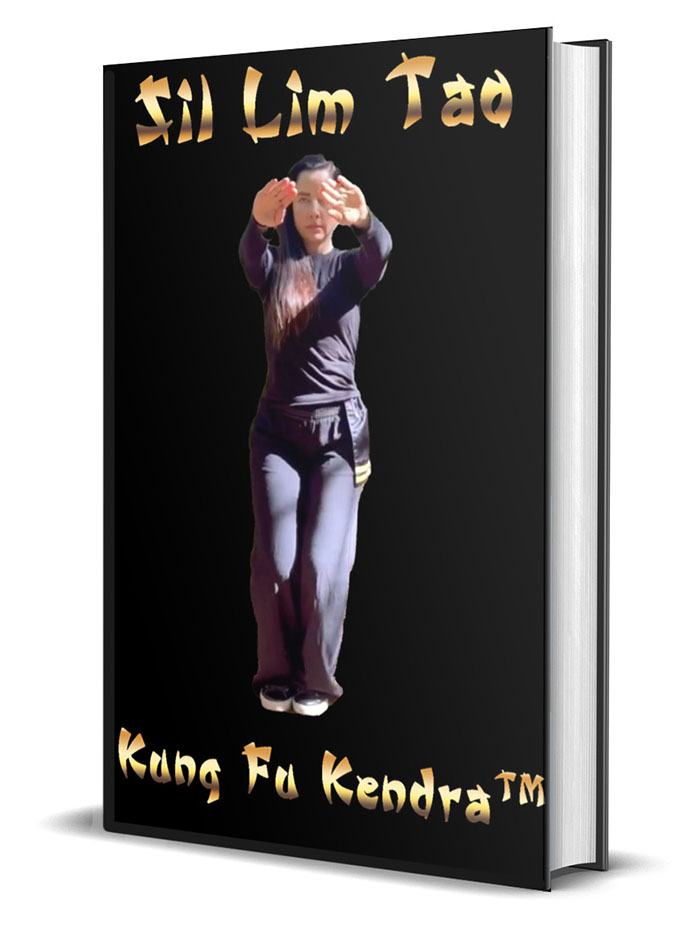Donnie Yen’s Transformation: How Wing Chun Prepared Him for Hollywood Success
Donnie Yen’s rise as a martial arts superstar and Hollywood icon is deeply intertwined with his intensive training in Wing Chun, especially in preparation for his role as Ip Man, the legendary Wing Chun master and Bruce Lee’s mentor. Although Yen was not a Wing Chun specialist before filming began, he dedicated approximately nine months to rigorous training under Ip Man’s eldest son, Ip Chun. This intensive study allowed him to capture not only the physical techniques—such as the fluid hand strikes and sensitivity drills like Chi Sao—but also the philosophy and spirit behind Wing Chun, which profoundly shaped his nuanced portrayal of Ip Man on screen.
Yen’s approach to Wing Chun training was holistic, combining physical practice with deep research into Ip Man’s personal history and martial mindset. Under Ip Chun’s tutelage, he learned fundamental forms, sticky hands, and the importance of economy of motion and centerline control—key principles that underpin Wing Chun’s effectiveness. This foundation helped Yen develop the technical authenticity and relaxed yet powerful movement required both for the role and for choreographing realistic, compelling fight scenes. His commitment to embodying the art’s integrity earned praise from Ip Chun himself and contributed significantly to the global resurgence of Wing Chun’s popularity.
Beyond the physical, Wing Chun instilled a mindset of humility, adaptability, and inner strength that Donnie Yen channels not only in his film performances but in his broader martial arts career. His fusion of traditional Chinese martial arts with modern combat disciplines, such as Western boxing and Muay Thai, reflects the adaptive and practical spirit of Wing Chun’s principles. This cross-disciplinary expertise has enabled Yen to revolutionize fight choreography in Hong Kong cinema and build a versatile, explosive style recognized worldwide.
The success of the Ip Man film series, propelled by Yen’s precise and respectful representation of Wing Chun, transformed his career trajectory and broadened his influence beyond Asia. The films showcased Wing Chun’s unique blend of speed, structure, and philosophy, inspiring a new generation of martial artists and cinema fans globally. Donnie Yen became not just a martial arts star but a cultural ambassador for Wing Chun, giving the traditional art unprecedented visibility and relevance in the 21st century.
In summary, Donnie Yen’s Hollywood success owes much to the depth and authenticity of his Wing Chun training. The disciplined practice and philosophical richness of Wing Chun prepared him physically and mentally to bring Ip Man’s story to life, while his dedication to honoring the art’s traditions elevated the quality and impact of martial arts films worldwide. Through this transformation, Yen continues to exemplify how mastering a traditional martial art can catalyze not only cinematic achievement but also global cultural influence and personal growth.

